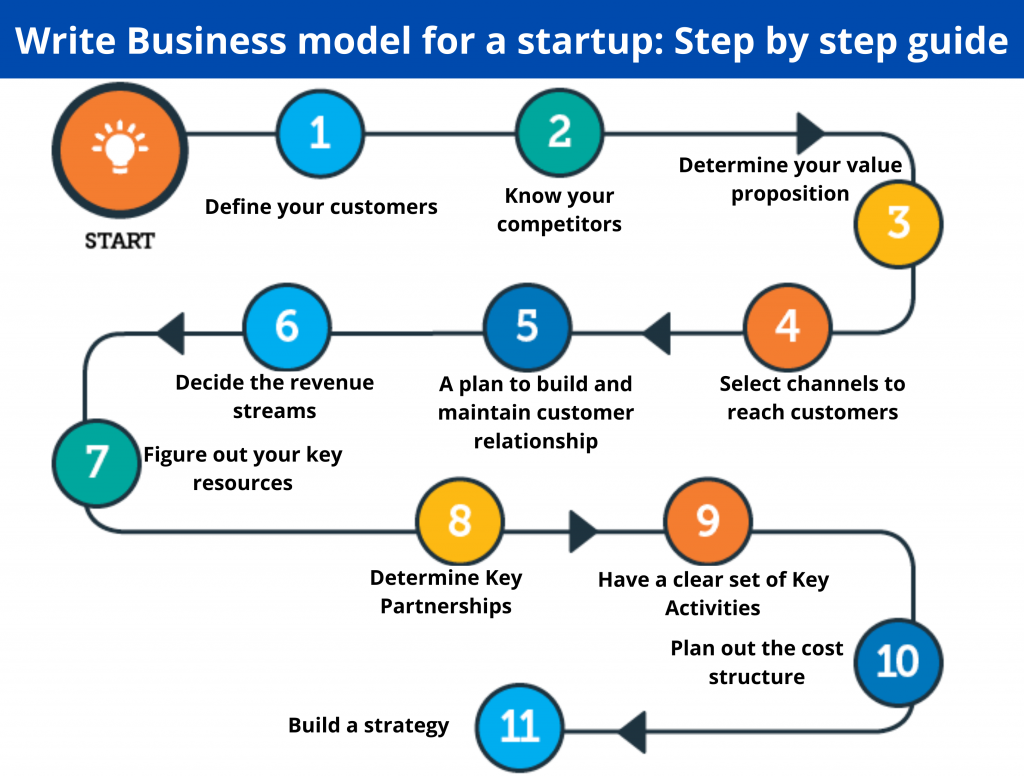Starting a small business is an exciting journey, but it often comes with significant financial challenges. Whether you need capital for materials, manufacturing, office space, or hiring employees, securing the right funding can be crucial for success. Fortunately, there are several funding options available for entrepreneurs to explore. These options range from loans and grants to investments and crowdfunding. Below, we’ll explore the most common funding options for small business startups, along with their benefits and drawbacks.
1. Bank Loans
First, one of the most traditional and common ways to finance a small business is through bank loans. Banks and credit unions offer various types of loans that entrepreneurs can consider:
- Secured Loans: These loans require collateral, such as property or assets. If the borrower fails to repay the loan, the lender can seize the collateral.
- Unsecured Loans: In contrast, unsecured loans do not require collateral, but they may come with higher interest rates. A good credit score is often required to qualify.
- Lines of Credit: A line of credit provides flexible funding that can be accessed as needed, similar to a credit card. You only pay back what you use.

Pros:
- Quick access to capital, especially for established businesses with good credit.
- Fixed repayment terms and interest rates for certain loan types.
Cons:
- High-interest rates and potential fees.
- Requires strong credit and collateral, which might be challenging for startups.
2. Small Business Administration (SBA) Loans: Global Government-Backed Financing
Next, SBA loans are another great option for small businesses. These government-backed loans help small businesses access capital at affordable rates. While the U.S. SBA is widely known, other countries around the world also have similar government-backed loan programs to support small businesses. These programs aim to reduce the risk for lenders, making it easier for startups to secure funding.
There are several types of SBA loans available:
- Microloans: Smaller loans for entrepreneurs needing limited capital.
- 7(a) Loans: Popular loans used for a variety of business purposes, such as purchasing equipment or working capital.
- 504 Loans: Loans designed to finance large fixed assets, such as real estate or equipment.

Global Examples of Government-Supported Loans:
- Canada’s Canada Small Business Financing Program (CSBFP): Helps businesses purchase or improve real property or equipment.
- UK Start Up Loans: A government-backed initiative offering loans and mentorship for new businesses in the UK.
- Australia’s Small Business Loan Guarantee Scheme: Offers loan guarantees for small businesses, helping them access funding at favorable terms.
Pros:
- Lower interest rates and longer repayment terms.
- Government backing makes it easier for small businesses to qualify.
Cons:
- Lengthy application process with extensive documentation.
- Not all businesses will qualify, and eligibility criteria can be strict.
3. Small Business Grants
Unlike loans, grants provide funding that doesn’t need to be repaid. These funds are often provided by government entities, corporations, or non-profits to support small businesses. However, the application process can be complex and competitive.
Sources of Grants:
- Government Grants: National and local government entities often offer grants to support economic development, innovation, and job creation.
- Private Sector Grants: Large companies like Visa, FedEx, and others may offer grants to small businesses that meet specific criteria.

Pros:
- No repayment required, making them a great option for businesses with limited cash flow.
- Can provide funds for specific projects or business expansion.
Cons:
- Highly competitive, with numerous businesses vying for limited funds.
- Grant applications can be time-consuming and complex, requiring detailed proposals and documentation.
4. Investors
Another great funding option is investment from angel investors or venture capitalists. Investors provide substantial funding in exchange for equity (ownership) in the business. These investments can help you scale your business, but they also come with certain risks and responsibilities.
- Angel Investors: Individuals who invest their own money in small businesses, typically in exchange for equity or convertible debt.
- Venture Capitalists (VCs): Firms that provide large sums of capital to startups with high growth potential in exchange for equity ownership.

Pros:
- Access to significant capital, often in the form of equity funding that does not need to be repaid.
- Investors often bring valuable experience, connections, and mentorship.
Cons:
- Giving away a percentage of ownership in your business can mean losing control over major decisions.
- Investors may require regular updates on your business performance and could influence business strategies.
5. Crowdfunding
Lastly, crowdfunding has become a popular method for raising capital. This option allows you to raise funds from a large number of people, typically through online platforms like Kickstarter, Indiegogo, or GoFundMe. In return, backers may receive early access to products, exclusive perks, or even equity in the company.
Types of Crowdfunding:
- Rewards-Based Crowdfunding: Backers receive a product or service in return for their contributions.
- Equity-Based Crowdfunding: Investors receive equity shares in the company.
- Donation-Based Crowdfunding: Supporters donate money without expecting anything in return.

Pros:
- Provides a way to raise capital without taking on debt or giving up equity.
- Can help validate your business idea by generating interest from potential customers.
Cons:
- Crowdfunding requires extensive promotion and marketing to succeed, and there’s no guarantee you’ll meet your fundraising goal.
- Backers may have expectations, and failing to deliver could harm your reputation.
Which Funding Option is Right for Your Business?
Ultimately, choosing the right funding option depends on your business needs, goals, and financial situation. For established businesses with good credit, a bank loan or SBA loan may be ideal. If you’re a startup looking for lower-risk options, crowdfunding or grants might be the best choice. Investors can be great for high-growth businesses that are willing to share ownership in exchange for capital.
Each funding option comes with its own set of requirements and potential pitfalls. Therefore, it’s important to carefully evaluate the pros and cons of each to determine which one aligns best with your business goals. By doing so, you can ensure that you have the right resources in place to set your business up for long-term success.





